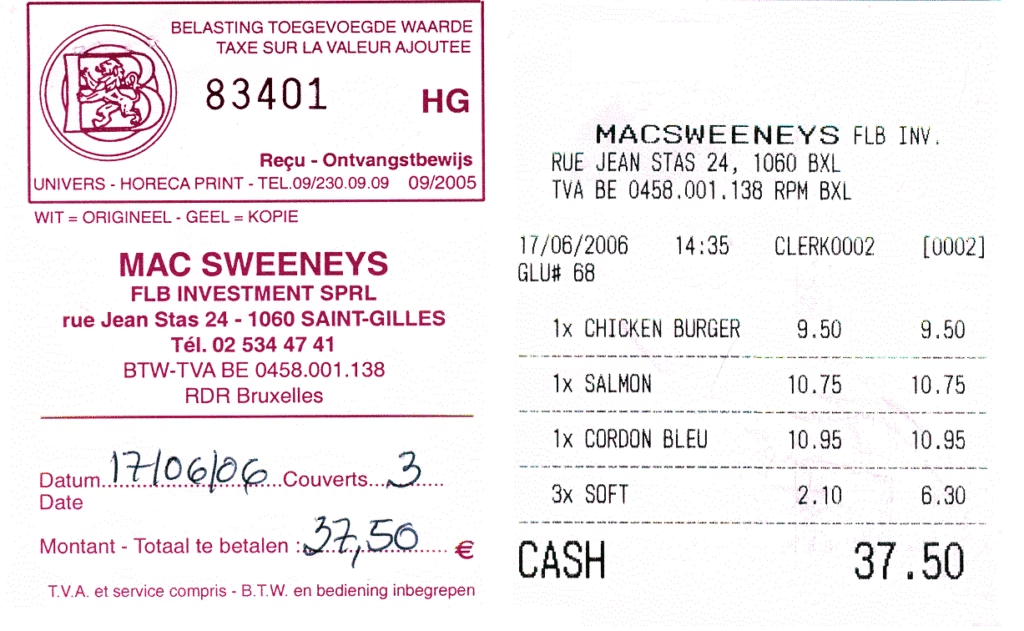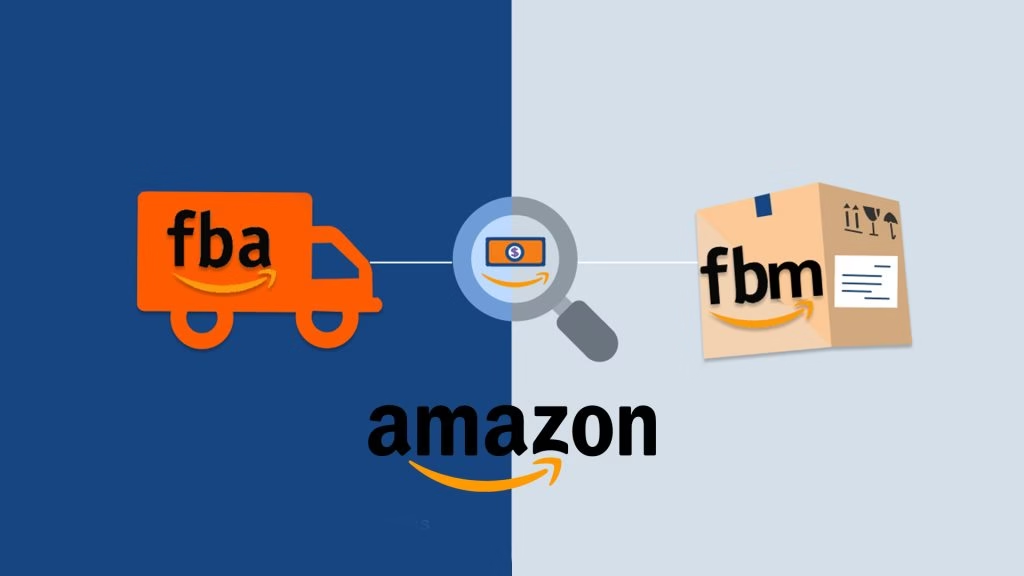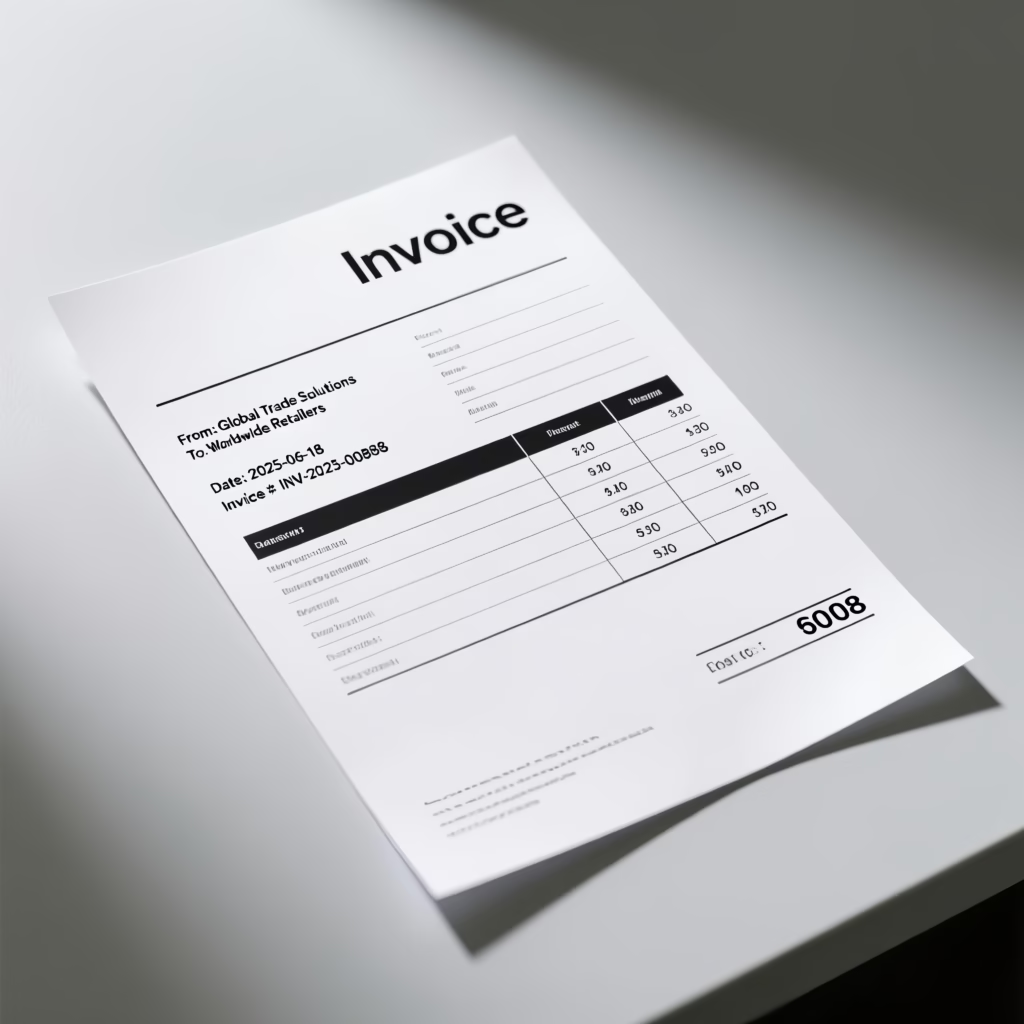Expanding into the European Union (EU) market is a dream for many cross-border e-commerce sellers. However, navigating the EU’s tax and customs system can be overwhelming. Terms like IOSS, OSS, VAT Number, and EORI often confuse new sellers, yet they are essential for compliance and smooth operations.
What is IOSS (Import One-Stop Shop)?
The Import One-Stop Shop (IOSS) was introduced by the EU on July 1, 2021. It applies to B2C imports valued at €150 or less. Sellers can register for IOSS in one EU member state and use it to declare and pay VAT across all 27 EU countries.
Benefits
- Faster customs clearance: Buyers don’t need to pay VAT upon delivery.
- Transparent pricing: Customers see the final price at checkout, reducing disputes.
- Simplified compliance: One registration covers the entire EU.
2025 Update
- Over 70% of EU-bound small parcels now use IOSS.
- Germany and Belgium report that IOSS shipments clear customs 30–50% faster than non-IOSS parcels.
What is OSS (One-Stop Shop)?
The One-Stop Shop (OSS) is designed for intra-EU cross-border sales. It allows sellers to declare VAT for all EU sales in one country, instead of registering separately in each member state.
Use Case
- A seller stores goods in Germany and sells to France, Spain, and Italy.
- Instead of registering VAT in each country, the seller can file a single OSS return in Germany.
Benefits
- Lower compliance costs
- Simplified VAT reporting
- Better scalability for EU-wide sales
What is a VAT Number?
A VAT Number is a unique identifier issued by EU tax authorities. It is required for businesses that sell goods or services subject to VAT in the EU.
When Do You Need It?
- Storing goods in an EU country (e.g., Amazon FBA warehouses).
- Annual EU sales exceeding €10,000.
- Selling without IOSS/OSS (must register VAT in each country).
Case Example (2024) A Chinese seller using a German FBA warehouse failed to register for VAT. The German tax office fined the seller €80,000 and froze their Amazon account.
What is an EORI Number?
The Economic Operators Registration and Identification (EORI) number is required for customs clearance in the EU. It identifies businesses involved in importing or exporting goods.
Key Points
- Mandatory for customs: Without an EORI, goods cannot clear EU customs.
- One number per business: Valid across all EU member states.
- Who needs it? Any company shipping goods into or out of the EU.
Key Differences Between IOSS, OSS, VAT Number, and EORI
| Term | Full Name | Scope | Purpose | Mandatory? |
|---|---|---|---|---|
| IOSS | Import One-Stop Shop | Non-EU sellers → EU consumers (≤€150) | Simplifies import VAT | Recommended |
| OSS | One-Stop Shop | Intra-EU cross-border sales | Simplifies VAT reporting | Recommended |
| VAT Number | Value Added Tax Number | EU countries | VAT identification & reporting | Mandatory |
| EORI | Economic Operators Registration & Identification | EU customs | Customs clearance | Mandatory |

Practical Strategies for Sellers in 2025
- Small B2C parcels (≤€150) → Register for IOSS to speed up clearance.
- EU warehouse sellers → Register for OSS to simplify VAT reporting.
- Long-term EU sellers → Always obtain a VAT Number in your storage country.
- All importers/exporters → Apply for an EORI Number before shipping.
Case Studies
Case 1: Shenzhen Seller Using IOSS
- Product: Fashion accessories, average order €80.
- Action: Registered IOSS via Ireland.
- Result: Customs clearance time reduced from 48 hours to 12 hours, customer complaints dropped by 20%.
Case 2: Seller Without VAT Registration
- Product: Electronics stored in Germany.
- Issue: No VAT registration, tax evasion flagged.
- Result: €100,000 fine + Amazon account suspension.
Conclusion
- IOSS: Best for small-value imports (≤€150).
- OSS: Best for intra-EU cross-border sales.
- VAT Number: Essential for compliance in EU sales.
- EORI: Mandatory for customs clearance.
For cross-border sellers, mastering these four systems is the foundation of compliance, efficiency, and sustainable growth in the EU market.
You may also want to read: Understanding EXW, FOB, CFR, CIF, and DDP
Amazon Launches “Haul” to Sell Low-Priced Items to Compete with Temu, Shein
Below is a deeper look at what Haul is, how it works, why Amazon is…
Amazon Logistics Models: A Comprehensive Guide to FBA, FBM, and Third-Party Fulfillment
In the dynamic landscape of e-commerce, logistics plays a pivotal role in determining the success…
A Comprehensive Guide to Commercial Invoices (CI) in Cross-Border Logistics
Discover the essential elements of commercial invoices in cross-border logistics. Our comprehensive guide simplifies the…




Pingback: Everything You Need to Know About the EU FBA Guide